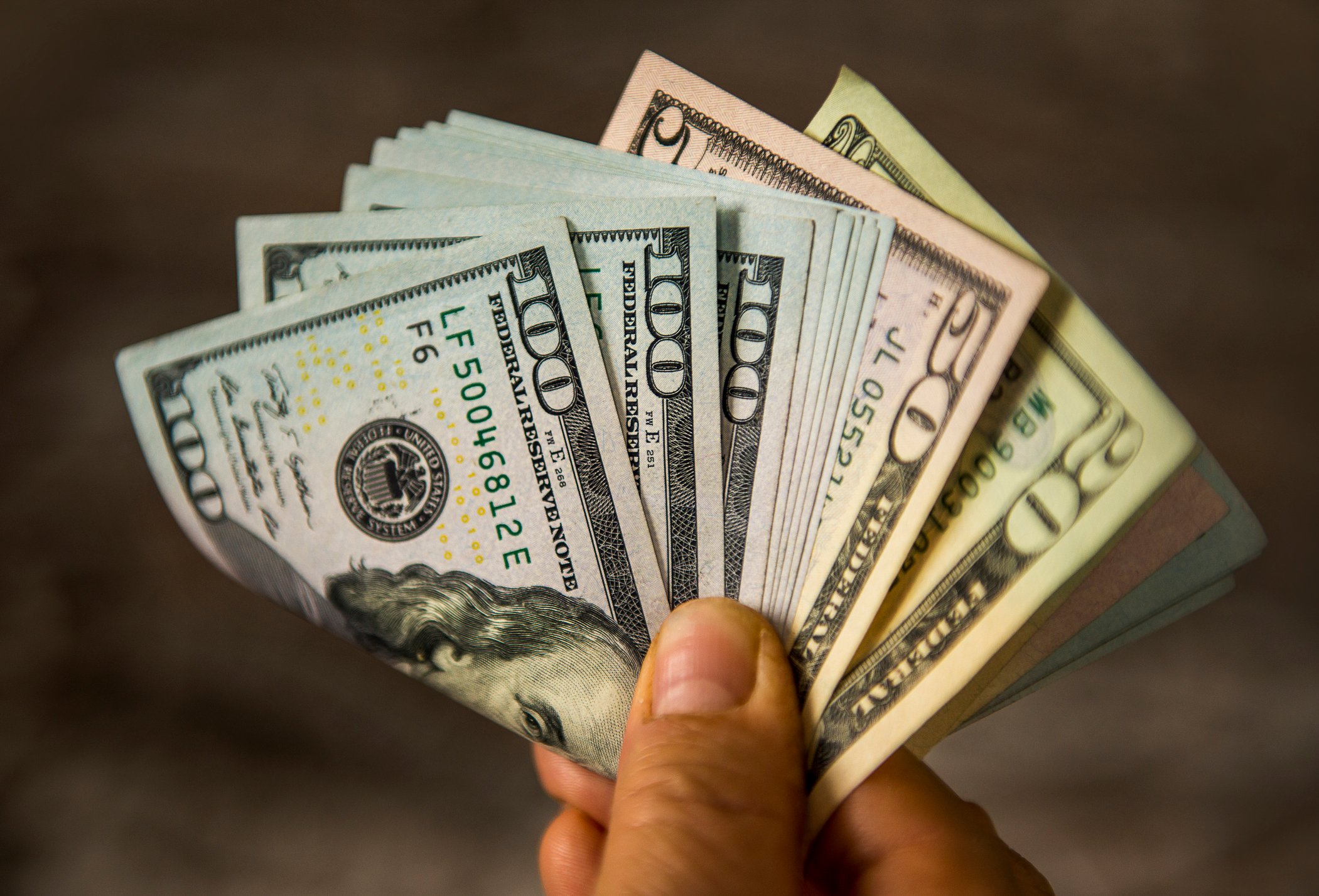We recently learned that Berkshire Hathaway (BRK.A 1.79%)(BRK.B 1.60%) was yet again a net seller of stocks in the second quarter of 2025. We don't yet have all the details about what the Warren Buffett-led conglomerate bought and sold, but we know that several billion dollars' worth of stocks were disposed of.
This has been an ongoing trend for Berkshire over the past couple of years. Buffett and his team have unloaded significant portions of the massive investments in Apple (AAPL 3.68%) and Bank of America (BAC 1.64%) and have reduced or completely sold several other major stock positions. We also learned of recent dispositions of some Verisign (VRSN 0.54%) and DaVita (DVA 0.77%) shares. Berkshire has even stopped buying back its own shares for the time being, which came as a surprise to many investors after a decline of more than 10% in its share price.
However, this isn't to say that Buffett and his stock pickers aren't buying any stocks. In fact, there's one company whose stock Berkshire has continued to buy, and it recently bought even more.

Image source: The Motley Fool.
A stock Warren Buffett can't get enough of
According to recent SEC filings, Berkshire bought another 5 million shares of SiriusXM (SIRI 1.52%) for a cost of about $106.5 million.
Of course, an investment of this size isn't exactly massive for Berkshire. In fact, it represents about 0.03% of the company's $344 billion cash stockpile. But it's especially significant because of how much of the satellite radio operator Berkshire owns now. In fact, after this investment -- which is just the latest in a series of additions -- Berkshire now owns 37% of Sirius.
Why has Buffett loaded up on SiriusXM stock?
The short explanation is that Buffett most likely added more shares of SiriusXM because the stock is extremely cheap. As of this writing, SiriusXM trades for just over 7 times forward earnings estimates. The business is highly profitable, with over $1 billion in annual free cash flow, and pays a 5% dividend yield that is well covered by its earnings.

NASDAQ: SIRI
Key Data Points
To be fair, there's a lot not to like about SiriusXM. Revenue has fallen in recent years, as has the subscriber base, which peaked way back in 2019. Free cash flow has declined by about one-third in the past two years, and the company continues to report a declining number of paid subscribers.
On the other hand, SiriusXM's management is well aware of the problem and is taking steps to fix it. And there are two components to a turnaround that are worth watching: money flowing out (expenses) and money flowing in (revenue).
On the expense side of the equation, SiriusXM has done an excellent job of cost reductions and is on track to achieve $200 million in run-rate savings by the end of this year, with significant capex reductions expected in 2026 and beyond.
When it comes to revenue, SiriusXM's leaders are getting creative, and it's starting to pay off. One example is the new three-year dealer-sold subscription package available with new vehicles (creating a paid customer as opposed to the traditional free trial given to new vehicle buyers). There's also a new ad-supported free version of its service available in some new vehicles, and with just 2.5% of SiriusXM's revenue coming from ads today, this is a massive growth opportunity.
In all, SiriusXM believes it can grow free cash flow by about 50% in the not-too-distant future and reach a new all-time high for subscribers. If it can show significant progress toward either goal, it could be a major win for Warren Buffett and the rest of the company's shareholders.











